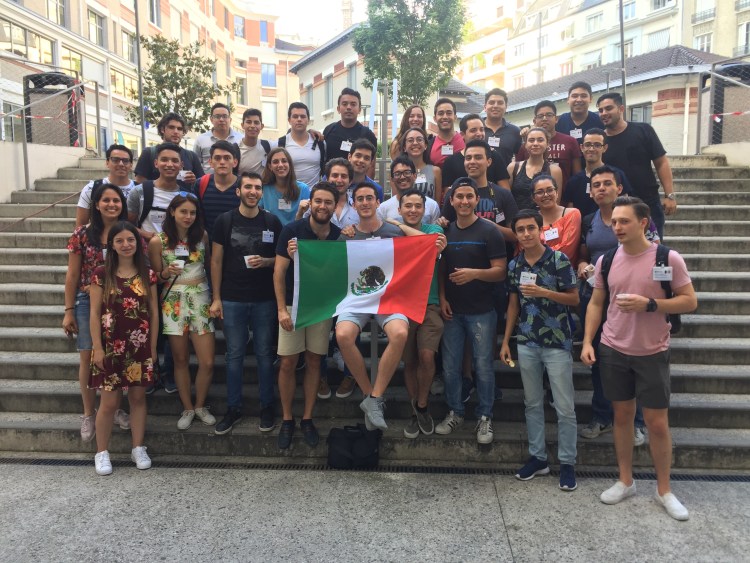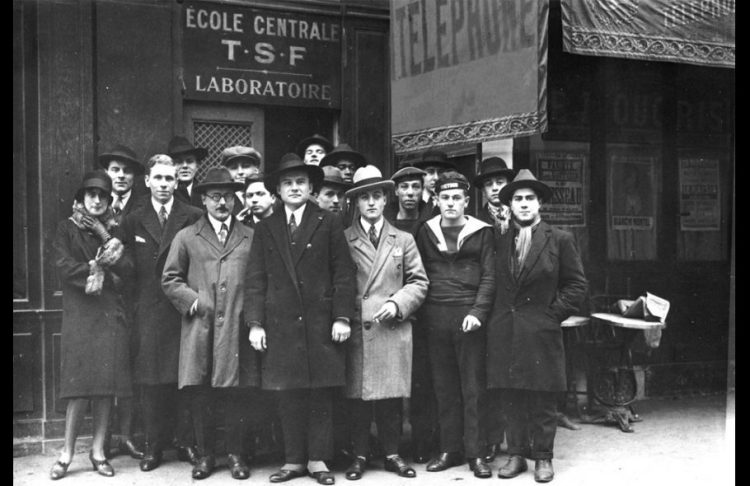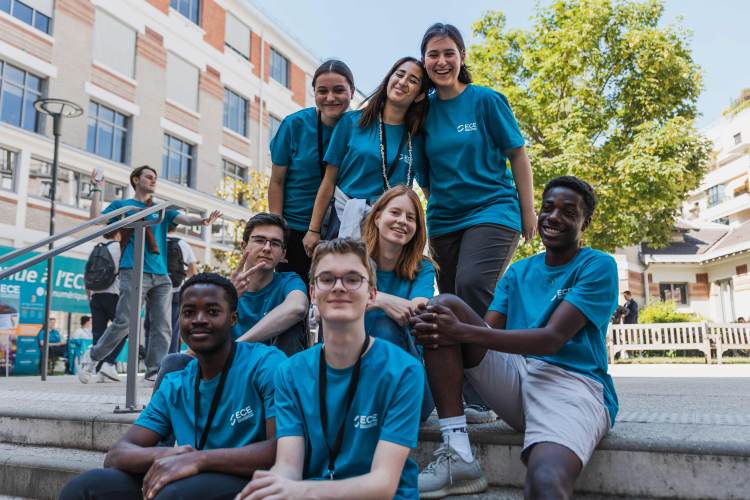
Welcome to the ECE!

Why ECE?
Because no two students are alike, we have set up a personalized study program that offers 1001 possible paths. It’s up to you to combine the Majors and Minors with the in-depth options and projects of the school. In the Bachelor’s program, you can also juggle between the specializations offered, the projects, the possibility of doing a work-study program or internships, and the possibility of continuing your studies… You build your ideal path. What ECE offers you is a professional and human adventure freely chosen in a generalist and high-tech educational framework.
The forces of ECE!
Come and build your own path. Don’t choose an engineering school Choose your engineering school.
Customized itineraries
Each student is free to choose his or her own path, based on personal tastes, aptitudes and career plans.
Ongoing support
The teaching teams are attentive to the students. They are multiplying opportunities for exchange to reinforce and deepen their knowledge and skills
Project-based teaching
Innovative teaching methods through hands-on projects in contact with companies
A rich student experience
A rich and well-supervised community life that develops skills around solid experience
Modern campuses in city centers
High-tech campuses located in the heart of urban areas
A multi-program school
Future engineers, future experts, future technicians rub shoulders and set up projects together
Belonging to a multidisciplinary group
The ECE is part of the OMNES Education Group, which comprises 12 schools, enabling synergies between the Group’s 10,000 students.
An extensive business network
Nearly 800 partner companies with highly sought-after student profiles
Many double diplomas
Dual skills through nearly 100 double degrees in France and abroad
A strong international focus
From one semester to one year, all ECE students train abroad

A century-old school.
The school was founded in 1919 in Paris, under the name ofEcole Centrale de TSF (Wireless Telegraphy), in the aftermath of the First World War, under the impetus of a young naval officer, Eugène Poirot.
The former radio operator, a visionary, took the gamble of opening a school entirely dedicated to the teaching of a technology that was in its infancy at the time, but which he believed to be essential to future means of communication. His intuition is confirmed.
The ECTSF will train battalions of civilian radio operators, for the RTF and then the ORTF, and military operators, who will be sent to all continents, from Oceania to Asia, on land, at sea and in the air.
In 1939, the television was already being studied and in 1959, the transistor!
Come and meet our teams!
Come and meet us on our campuses!
We’ll be happy to answer your questions.

